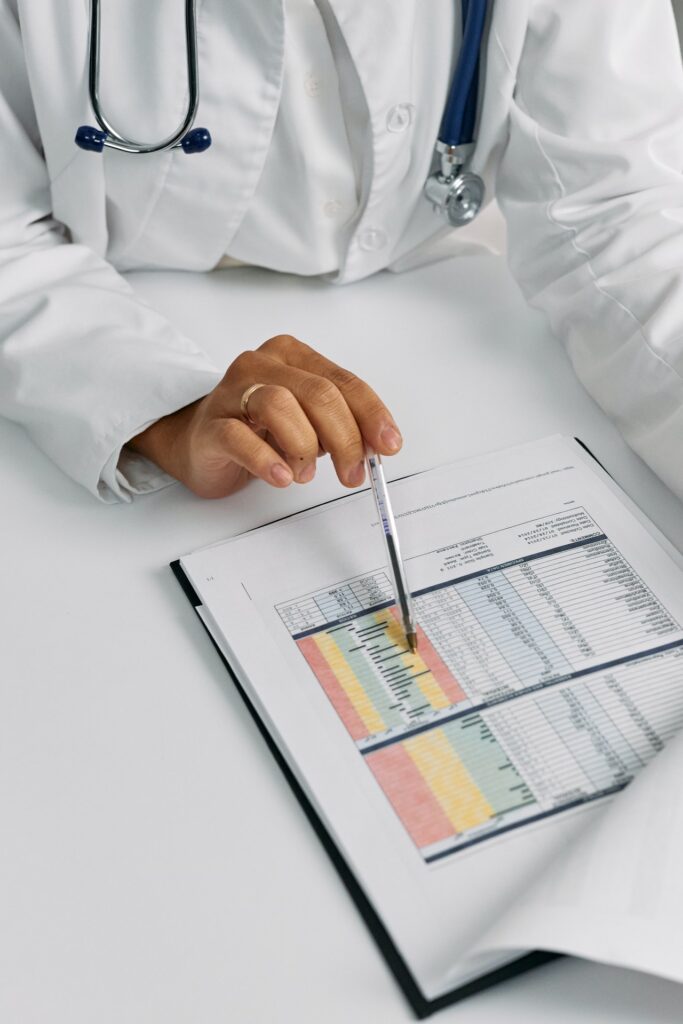
How to Access Medical Records After Death
No one likes to think about what would happen if they lost a loved one because of another person’s negligence. Whether through medical malpractice, a drunken-driving crash, or a workplace accident, tragic deaths can and do happen every day. In New Mexico, families of the deceased have the right to sue for wrongful death. New Mexico statute section 41-2-1 outlines the damages survivors in a wrongful death lawsuit can seek.
Wrongful death lawsuit attorneys require access to specific information to prove their case. Among the evidence needed is the deceased victim’s medical records. Official rulings from coroners and autopsy reports help personal injury attorneys prove your loved one died due to another person’s carelessness. Whether that person is a surgeon or a driver of another vehicle, showing the victim’s cause of death is crucial to winning – or settling – your case.
What is a wrongful death lawsuit?
Surviving family members can initiate a wrongful death claim against a person or corporation directly responsible for their loved one’s death through negligence or intentional actions. Plaintiffs filed a wrongful death lawsuit through the deceased victim’s estate. The same burden of proof applies to wrongful death lawsuits like personal injury lawsuits. Claimants must present evidence that proves how their loved one died. Included in the kind of evidence deemed acceptable by New Mexico courts are the victim’s medical records.
Damages that survivors can seek in a wrongful death lawsuit include:
- Compensatory damages
- Lost earnings
- Lost wages
- Medical bills
- Punitive damages
Survivors must file a wrongful death lawsuit claim within three years of the date of the victim’s death. If you believe your loved one was a victim of someone else’s negligence or deliberate actions, you must speak with a personal injury lawyer as soon as possible.
Evidence needed for wrongful death lawsuits
Surviving family members must provide evidence that supports a wrongful death case. Any proof must support the following four criteria:
- The defendant owed the deceased victim a duty of care. Drivers, for instance, must follow and obey traffic laws. It is their duty to other drivers to do so to ensure everyone’s safety on the roadways.
- The defendant breached their duty of care. Using the same driving example, if a driver decides to speed and their actions cause the death of another driver, they have breached their duty of care.
- The victim died because of the defendant’s negligence. The legal term for this is causation, and it means surviving family members must prove the defendant’s actions cause their loved one’s death. Here is where medical records become invaluable to your case.
- The surviving family members must generate quantifiable damages. Burial costs, loss of income and potential earnings, hospitalization, medical expenses, and pain and suffering fall into this category.
Strong and convincing evidence helps establish a wrongful death lawsuit. Make sure you work with an experienced attorney who knows what proof is needed and how to obtain it.
How to get medical records released
You do not automatically have the right to a deceased person’s medical records, even if you are a surviving family member. Only personal representatives of the deceased person’s estate can obtain those records legally. New Mexico healthcare providers must follow the HIPAA Privacy Rule, which follows a strict protocol to protect a person’s healthcare history.
The HIPAA Privacy Rule gives you the right to:
- View your medical records and obtain a copy of them.
- Add information to your medical records to make them accurate or complete.
- File a complaint if your healthcare provider has failed to provide access to your records.
If there is not an officially appointed executor of the deceased’s estate, you must petition the court to appoint one. According to New Mexico law, healthcare providers own medical records. They have the right to keep a copy of any medical information they have compiled but must grant you access when requested following proper protocol. Before you request access, make sure you are entitled to it to ensure a smoother process.

Requesting the deceased’s medical record
Every healthcare provider has specific procedures for requesting medical records. If you are working with a wrongful death attorney, they can contact the medical provider to ask their preference for requesting the records.
If the healthcare provider does not have a form for requesting the information, make sure you include the following in your request:
- Date of the request.
- Contact information of the requesting party.
- Dates of birth and medical record numbers.
- Description of the specific information you want to obtain.
Obtaining an autopsy report is simpler. If the autopsy was performed by the Office of the Medical Investigator (OMI), then the report and all its findings are public record. To request a copy, send an email to the OMI office and complete the information required to obtain the records. Your wrongful death attorney can request the autopsy on the behalf of surviving family members.
Seeking help with medical records
Choosing an experienced wrongful death attorney can mean the difference between getting access to medical records to prove your case and being turned away without what you need to prove your case. Archibeque Law Firm offers a free consultation of your case. Contact us online or call 505-750-2363 to schedule an appointment.